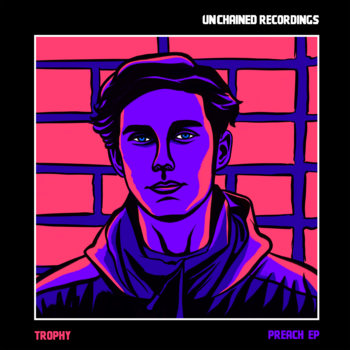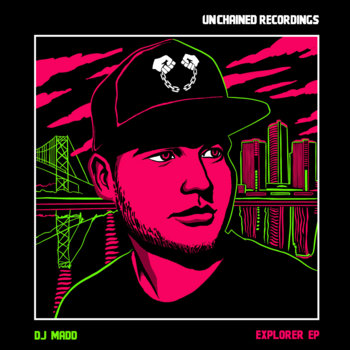
Moon Warriors EP
Thematic

Energy EP
Leo Cap

Dull Corner EP
Harka

UNCHAINED: The Year of The Rabbit
Unchained Recordings

Preach EP
TROPHY

Groove Masta EP
Leo Cap

Have & Have Nots EP
HØST

Explorer EP
DJ Madd

Unchained: The Year of The Tiger
Unchained Recordings

No Escape EP
Lakeway

The Beijing EP
Zed Bias

Unlock EP
Dead End

Nocturnal EP
Fetus

Arabic Gum EP
Frame

Dreams EP
Paige Julia

Dark Monkey EP
Fetus